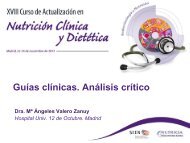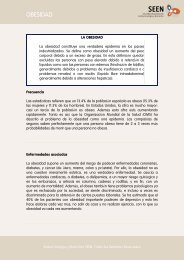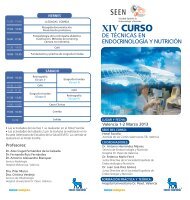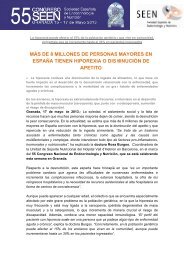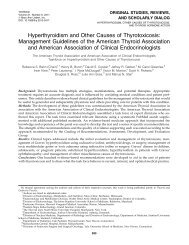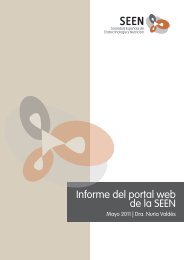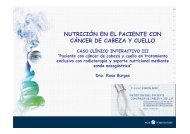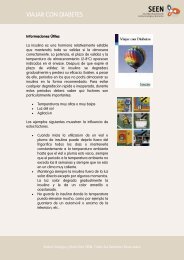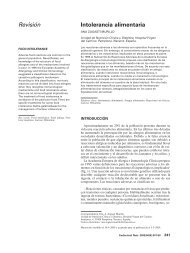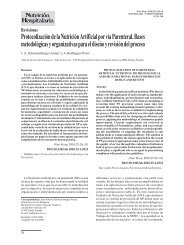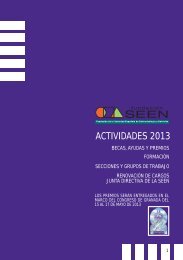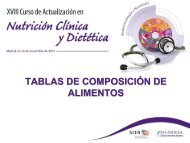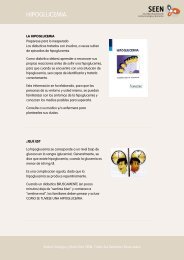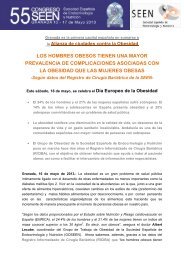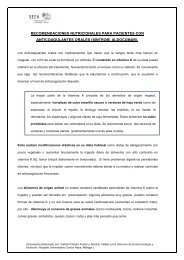Basic Concepts of Fluid and Electrolyte Therapy
Basic Concepts of Fluid and Electrolyte Therapy
Basic Concepts of Fluid and Electrolyte Therapy
Create successful ePaper yourself
Turn your PDF publications into a flip-book with our unique Google optimized e-Paper software.
11. Disorders <strong>of</strong> Sodium, Potassium, Calcium,<br />
Magnesium <strong>and</strong> Phosphate<br />
Introduction<br />
It is impossible to give a detailed account <strong>of</strong> all aspects <strong>of</strong> these electrolytes<br />
in a brief chapter such as this. The authors have therefore<br />
confined themselves to a short summary <strong>of</strong> some common aspects.<br />
For more detailed treatment the reader is referred to the easily available<br />
review articles <strong>and</strong> books listed under ‘Further Reading’.<br />
Sodium (Na + )<br />
The total body sodium is 3000-4000 mmol, <strong>of</strong> which only 60% is<br />
exchangeable, the remainder being locked mainly in bone. Short-term<br />
changes in the serum sodium concentration are usually due to<br />
changes in water balance, although, in some cases, salt balance may<br />
contribute. This reflects the fact that salt balance is about maintenance<br />
<strong>of</strong> volume, whereas water balance is more concerned with<br />
osmolality. Hyponatraemia <strong>and</strong> hypernatraemia may therefore occur<br />
in the presence <strong>of</strong> positive, negative or zero salt balance. The serum<br />
Na concentration on its own, therefore, cannot be used to diagnose<br />
the state <strong>of</strong> Na balance, although if change in water balance is known<br />
from serial weighing, then the day to day balance <strong>of</strong> Na can be<br />
inferred from the change in serum Na concentration over the same<br />
period (Chapter 3). The principle is best illustrated by some examples:<br />
Hyponatraemia<br />
In severe cases with serum Na +



